Expert Strategy Tips for Residential Moves
Every year, an estimated 35.5 million Americans relocate, partially or entirely changing their residences. That's nearly 11% of the entire population. Whether it's switching neighborhoods, moving to a different state, or across country lines, residential moving is a daunting task. And amidst the turmoil of sorting, packing, and moving, the financial costs can escalate quickly, adding stress to an already complex process. This post aims to bring you expert insights into mastering your residential move with strategies that protect your peace of mind and your pocketbook. We'll dive deep into understanding different aspects and subcategories of costs involved in every move, and how smart moves (pardon the pun) could lead to significant savings.
Introducing Kinetic Movers
Kinetic Movers a moving company based in York, PA is ready to proficient in simplifying your residential relocation process. From careful packing to safe transportation and timely unloading, we are a dedicated team well versed in the art and science of moving. We back our highly professional service offers with a deep understanding of customer concerns and empathy at their core. We recognize that each move is unique and deserves a customized plan. Our templates blend competence and compassion, ensuring that your possessions are handled with care and delivered securely to your new abode.
Unraveling the Financial Concerns of a Residential Move
When it comes to moving, the financial aspects tend to turn into a whirlpool of uncertainty. Understanding the basic elements of these costs can provide a modicum of control over your moving expenses. Here's a list of significant costs generally incurred in any move:
Hiring Expenses
Includes the cost of the moving company, labor, and transportation. If you're considering DIY, renting a moving truck will be an alternative cost.
Packing Costs
This entails the cost of packing materials such as boxes, wraps, packing tape, and specialized materials for delicate items.
Insurance Costs
While not mandatory, buying a moving insurance policy protects your belongings during transit.
Storage Costs
In case of a delay or other unforeseen circumstance that prevents immediate unpacking, you might need storage solutions, which bear an additional cost.
Understanding these major cost elements is a critical part of planning your budget for the move. Realizing where the majority of your budget is seeming to be drained will help you strategize your cost-saving measures better.
Make Your Residential Move Economically Friendly
Now let's explore various strategies that could lead to significant savings during your move.
Planning Ahead
- Book early: Avoid the last-minute rush by booking your movers in advance. This ensures you get the best price, better scheduling options, and enough time to sort and pack carefully.
- Move off-season: Most people move during late spring and summer, causing moving services' prices to skyrocket due to high demand. Save by choosing off-peak times like fall or winter.
DIY Packing
- Packing your stuff: Professional packing services can be expensive. While it might take up more of your time, packing on your own could save a considerable sum.
- Recycle packing supplies: Ask friends who recently moved or visit your local grocery stores for used boxes. Use old newspapers, blankets, or clothes as padding instead of buying bubble wrap.
Decluttering
- Sell old stuff: Start decluttering months before your move. Sell items you no longer need online or host a garage sale.
- Donate unused items: Not only will this reduce the weight of your cargo (cutting down the moving costs), but it could also score you a tax deduction.
Insurance Matters
- Understanding insurance options: Sometimes the most affordable insurance might not provide the coverage you need. Understand your options and choose a balance between cost and coverage.
- Balancing cost and coverage: Make an inventory of your valuable items and consider getting these insured separately to save on the premium.
Smart Unloading
- Avoid advanced unloading charges: Many apartment complexes or residential societies have designated areas for unloading. Sticking to these can help avoid unnecessary charges.
- Plan the layout of your new home: It's much easier and cost-effective to decide where everything goes before your moving team starts unloading. This reduces the time and therefore cost of moving large items around later.
Why Opting Professional Services like Kinetic Movers
The moving process, while thrilling, can turn tortuous quickly if not handled correctly. Professionals like us, Kinetic Movers, can streamline your residential move , saving both time and money. Here's how:
- Expertise and Efficiency: Expert movers are trained in speedy and safe packing, loading, and unloading, reducing the risk of damage.
- Appropriate Equipment: Professional movers have the right equipment for heavy lifting, securing items, and ensuring safe transportation.
- Insurance and Responsibility: We're responsible for your belongings during the move and offer various insurance options to cover unforeseen accidents.
Executing a Cost-Economical Move
At Kinetic Movers, our mission is to redefine moving as a positive, stress-free experience that doesn’t have to drain your bank account. Here's a snapshot of the services we offer that aid you in optimizing moving expenses:
- Customized Moving Plans: Our team of experts work closely with you to understand your specific moving needs and create a tailored plan that fits your budget. Shell out only for the services you need!
- Packing/Unpacking Services: Our affordable packing solutions include both full and partial options. If you decide to get hands-on with packing, we can still handle the unwieldy, fragile items.
- Secure Storage: Should you require it, we offer short-term and long-term storage solutions. Our storage services follow a transparent pricing model, adding no sudden costs to your moving budget.
- Moving Supplies: We provide a range of competitively priced moving supplies, saving you the trouble of sourcing them individually.
- Transparent Pricing: No hidden costs, no surprises. We follow a strict policy of clarity in pricing, providing you a detailed quote outlining each element of the total amount.
Simplify Your Move, Optimize Your Expenses
Taking on a residential move is no small task. It is a journey filled with mixed emotions, strenuous tasks, and financial decisions. While the cost factors of a move can be daunting, following the right strategies can significantly reduce the burden on your wallet. Remember, successful cost cutting in moving is all about smart choices planning ahead, investing time in packing and decluttering, understanding your insurance options, and choosing the right moving partner. Whether you're contemplating a DIY move or considering the services of professional movers, the cost-saving tips discussed in this guide provide a robust roadmap to execute a residential move without stretching your budget. While we've shared these tips as an industry's helping hand, at Kinetic Movers , we're ready and equipped to take these worries off your plate. As one of the leading moving companies in York, PA, we are committed to providing our customers with a streamlined, cost-effective, and stress-free moving experience. Embark on your moving journey with a structured plan, a positive mindset, and a zeal to make the most out of it. After all, as the saying goes 'The journey is where the fun is.' Good luck with your next move!



